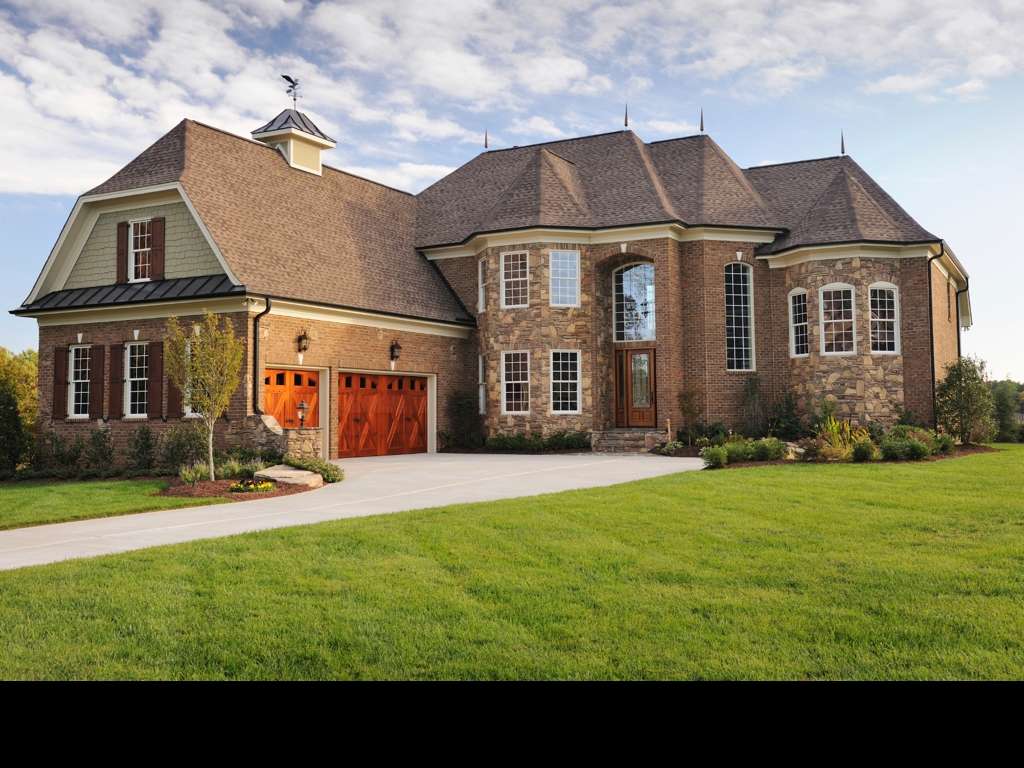The Ultimate Guide to Finding Your Dream Home: Residential Real Estate 101

Welcome to the ultimate guide for discovering your dream home in the world of residential real estate. Whether you’re a first-time buyer or looking to upgrade, finding the perfect place to call home can be an exciting yet challenging journey. This article aims to equip you with the knowledge and tools necessary to navigate the vast landscape of real estate, exploring both residential and commercial sectors.
Residential real estate encompasses a broad spectrum of properties, including single-family homes, townhouses, condos, and apartments, all designed to provide comfortable living spaces for individuals and families alike. With the help of experienced professionals such as HoustonAreaListings, a renowned real estate brokerage, you can have access to an extensive range of listings that cater to various budgets and preferences.
Navigating the world of real estate can seem overwhelming, but rest assured, this guide is here to simplify the process and empower you with the necessary information to make confident decisions when searching for your dream home. So, let’s embark on this exciting journey together, and let the quest for your dream home begin!
Understanding Residential Real Estate
Residential real estate is the sector of the real estate market that primarily deals with properties designed for residential use. It includes properties like houses, apartments, condominiums, and townhouses that are intended for people to live in. This type of real estate is distinct from commercial real estate, which focuses on properties used for business purposes such as offices, retail spaces, and warehouses.
When it comes to residential real estate, there are a few key things to consider. Firstly, location plays a crucial role in determining the value and desirability of a property. Factors such as access to amenities, proximity to schools and workplaces, and the overall neighborhood environment are all important considerations for potential homebuyers.
Secondly, the size and layout of a residential property are significant factors to take into account. Different individuals and families have varying needs and preferences, so it’s essential to consider factors such as the number of bedrooms and bathrooms, the size of the living spaces, and the overall functionality of the layout.
Lastly, residential real estate can provide both financial and emotional benefits. Owning a home can offer stability and a sense of belonging, allowing individuals to establish roots in a community and build equity over time. Additionally, residential real estate often serves as a long-term investment opportunity, as property values can appreciate over the years.
By understanding the fundamentals of residential real estate, potential homebuyers can make informed decisions when searching for their dream home. Whether it’s finding the perfect location, considering the size and layout, or recognizing the benefits of homeownership, a comprehensive understanding of residential real estate can help individuals navigate the market with confidence.
###Exploring Commercial Real Estate
Commercial real estate refers to properties that are primarily used for business purposes, such as office buildings, retail stores, and industrial facilities. Investing in commercial real estate can offer numerous advantages, making it an appealing option for entrepreneurs and investors looking to expand their ventures. Here, we will explore the key factors to consider when delving into the world of commercial real estate.
Location plays a pivotal role in the success of a commercial property. The surrounding area should have a strong market demand for the type of business you intend to establish. Accessibility, visibility, and proximity to key amenities are crucial factors to take into account. Additionally, research the local regulations and zoning laws to ensure that the property’s designated usage aligns with your intentions.
Financial feasibility is another important aspect to evaluate when venturing into commercial real estate. Conduct a thorough analysis of the property’s potential income generation and expenses. Consider factors such as rental rates, maintenance costs, and potential vacancies. Assessing the property’s potential return on investment is vital for making informed decisions in commercial real estate.
Lastly, it’s essential to carefully review all legal aspects associated with commercial real estate transactions. Seek professional assistance from real estate attorneys or brokers who specialize in commercial real estate. They can guide you through the legal documentation, contracts, and potential complexities that may arise during the purchasing or leasing process.
By understanding the unique considerations and opportunities presented in commercial real estate, you can navigate this sector confidently and capitalize on its potential benefits. Keep these factors in mind as you embark on your exciting journey into the realm of commercial real estate investment.
Exploring Other Types of Real Estate
In addition to residential real estate, there are other types of real estate that you may come across in your search for the perfect property. One such type is commercial real estate, which refers to properties that are used for business purposes. These can include office buildings, retail spaces, and warehouses, among others. Commercial real estate can offer unique investment opportunities and can be a lucrative option for those looking to diversify their portfolio.
Another type of real estate worth exploring is industrial real estate. Industrial properties are dedicated to manufacturing, production, or storage activities. These can include factories, distribution centers, and even data centers. Industrial real estate can be a great option for businesses in need of specialized facilities or for investors interested in the growing logistics and e-commerce industries.
Finally, there are also agricultural properties to consider. These properties are primarily used for farming or ranching purposes and can range from small family farms to large agricultural estates. Agricultural real estate can provide opportunities for those interested in sustainable farming practices or those looking to embrace a more rural lifestyle.
While residential real estate may be the focus of your search, it’s important to be aware of these other types of properties. Whether it’s exploring commercial opportunities, delving into the world of industrial real estate, or considering the charm and simplicity of agricultural properties, broadening your horizons can lead to exciting new possibilities in the world of real estate. Keep an open mind and consider all the options available to you.
